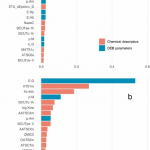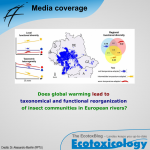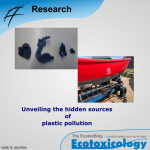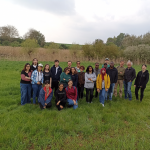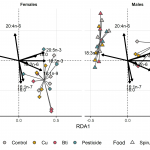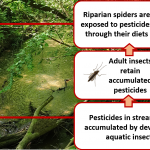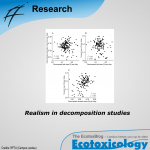The 12th YES Meeting, organized by SETAC Europe’s Student Advisory Council, brought together emerging environmental scientists at RPTU (Campus Landau), Germany, to delve into the theme “Science Through Crises.” The second installment of this multipart blog series centers on the pivotal informative sessions conducted throughout the week-long YES Meeting 2023.
Continue readingExploring Environmental Frontiers: Highlights from the 12th SETAC YES Meeting 2023 (Part 2)


